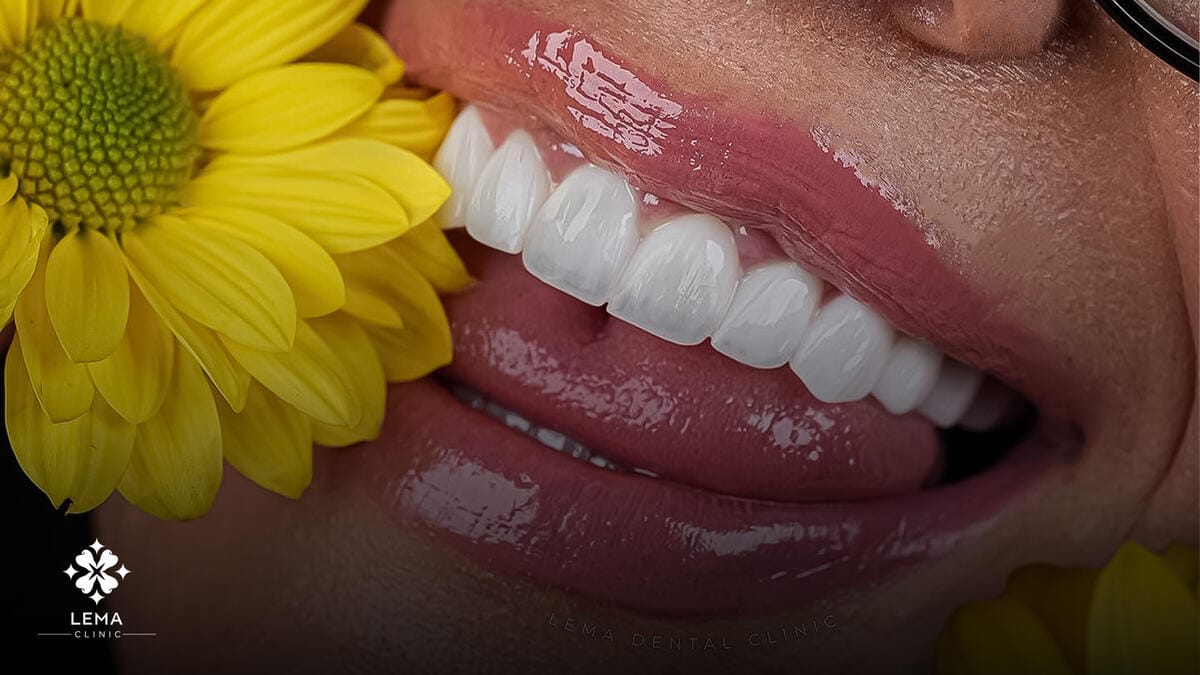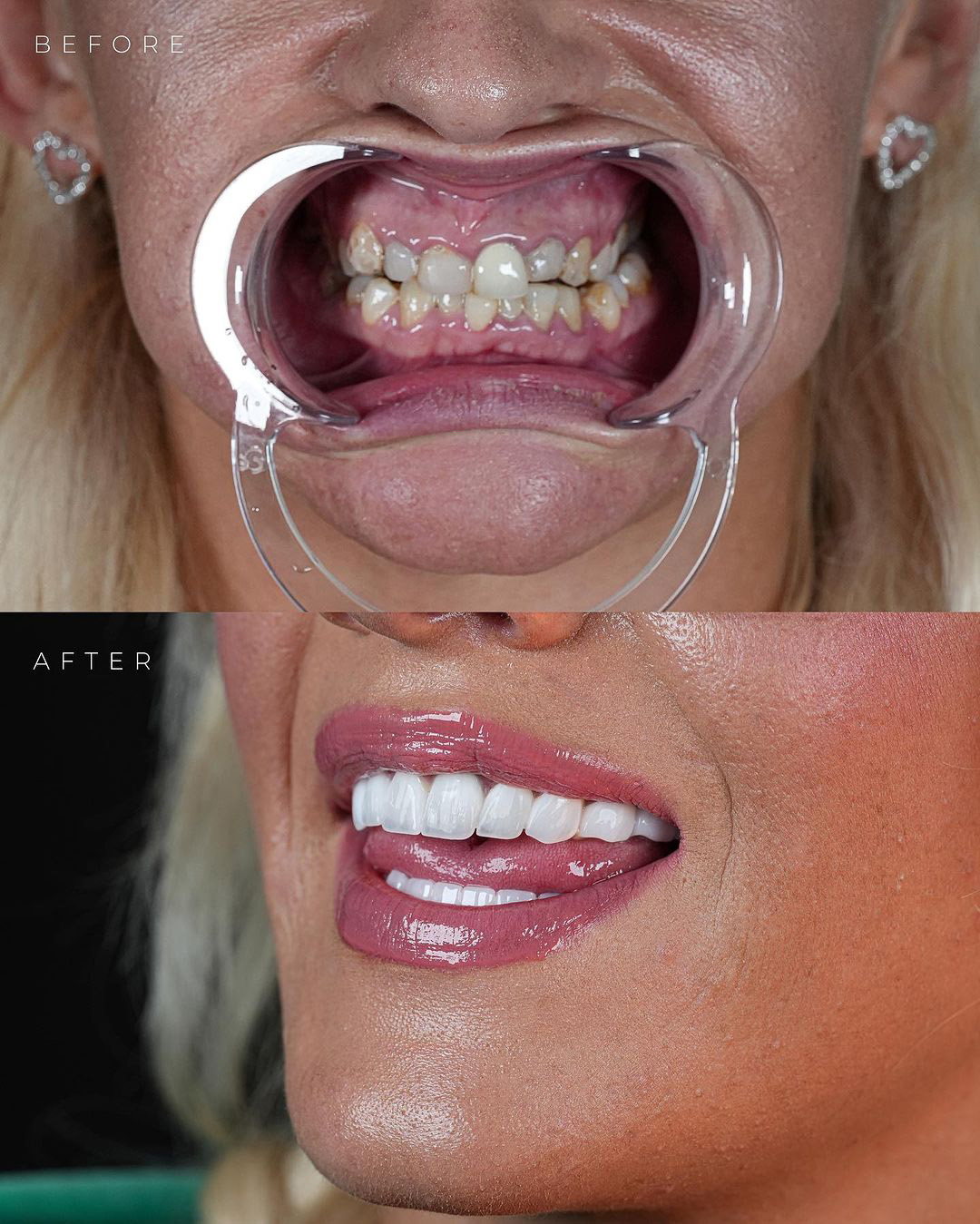Dental Decay And Tooth Cavities
Dental decay is a progressive condition that can have a significant impact on oral health if left untreated.

Dental decay, often referred to as tooth cavities or dental caries, is a prevalent dental issue characterized by the deterioration of the tooth’s protective outer layer, known as enamel. This decay occurs when various factors, such as inadequate oral hygiene, consumption of sugary and acidic foods, and the presence of harmful bacteria in the mouth, lead to the formation of small holes or cavities within the tooth structure. These cavities can range in size from tiny lesions to more extensive areas of decay.

Dental decay is a progressive condition that can have a significant impact on oral health if left untreated. It typically begins when plaque, a sticky film of bacteria, forms on the teeth.
The bacteria in plaque produce acids when they come into contact with sugars from food and beverages. These acids gradually erode the enamel, causing it to weaken and lose its protective function.
Over time, the enamel breakdown can result in the formation of cavities, which can lead to tooth sensitivity, pain, and other complications.
Preventing dental decay involves maintaining good oral hygiene practices, including regular brushing and flossing to remove plaque and food particles. Additionally, a balanced diet that limits the intake of sugary and acidic foods can help reduce the risk of decay.
The use of fluoride-containing toothpaste and drinking fluoridated water can strengthen enamel and make teeth more resistant to acid attacks. If dental decay is detected, treatment is necessary to restore the affected tooth’s structure. This typically involves dental fillings to fill the cavities and prevent further decay progression. In more advanced cases, treatments such as root canal treatment or dental crowns may be required to save the tooth and ensure oral health.
In summary, Tooth decay is a common condition where the enamel of a tooth deteriorates due to various factors, leading to the formation of cavities. Preventive measures, including good oral hygiene and a balanced diet, are essential to reduce the risk of decay, while early detection and proper treatment can help maintain healthy teeth and a vibrant smile.
Preventing Dental Decay: Tips for Healthy Teeth
Preventing dental decay is crucial for maintaining good oral health. Here are some key steps to help you prevent tooth cavities:
- Maintain Proper Oral Hygiene: Brush your teeth at least twice daily with fluoride toothpaste, and don’t forget to floss daily. This helps remove plaque and food particles that can lead to decay.
- Balanced Diet: Limit your consumption of sugary and acidic foods and drinks. Opt for a diet rich in fruits, vegetables, and dairy products, which are good for your teeth.
- Fluoride Use: Use fluoride toothpaste and consider fluoride treatments if recommended by your dentist. Fluoride strengthens enamel and helps protect against decay.
- Regular Dental Check-ups: Visit your dentist regularly for check-ups and professional cleanings. Early detection of cavities allows for less invasive treatments.
- Dental Sealants: Consider getting dental sealants on the chewing surfaces of molars, especially for children. These thin protective coatings can prevent decay in hard-to-reach areas.
- Limit Snacking: Frequent snacking can increase the risk of decay. Try to minimize snacking between meals, especially on sugary or acidic snacks.
- Stay Hydrated: Drink plenty of water throughout the day. Water helps rinse away food particles and bacteria from your mouth.
- Chew Sugar-Free Gum: Chewing sugar-free gum, especially after meals, can stimulate saliva production, which helps neutralize acids and protect your teeth.
- Mouthwash: Consider using an antimicrobial or fluoride mouthwash, but consult your dentist for recommendations.
- Avoid Smoking and Excessive Alcohol: Both smoking and excessive alcohol consumption can contribute to dental problems, including decay. Quitting these habits can improve your oral health.
By following these preventive measures and maintaining a consistent oral care routine, you can significantly reduce the risk of dental decay and enjoy a healthier smile. Remember that early prevention is key to avoiding more extensive dental treatments in the future.
What Happens If Dental Decay Goes Untreated?
Dental decay, commonly known as tooth decay or cavities, is a common dental issue that can lead to significant health problems when left untreated. Understanding the potential consequences of untreated dental decay is crucial for maintaining good oral health. Here is an overview of what can happen if dental decay is not addressed:
- Toothache: Untreated dental decay can progress deeper into the tooth, reaching the sensitive inner pulp. This can result in severe toothaches, causing discomfort and pain.
- Infections: As decay advances, it can lead to infections within the tooth. Dental infections can cause swelling, abscesses, and severe pain. In some cases, the infection can spread to the surrounding tissues and even affect other parts of the body.
- Tooth Loss: Severe dental decay can weaken the tooth structure to the point where the tooth becomes irreparable. In such cases, the tooth may need to be extracted or fall out on its own.
- Spread of Decay: Untreated cavities can serve as breeding grounds for harmful bacteria, allowing the decay to spread to neighboring teeth. This can result in multiple teeth being affected by decay.
- Gum Disease: Dental decay can lead to gum problems such as gingivitis and periodontitis. The presence of decay-causing bacteria can irritate the gums, causing inflammation, bleeding, and gum disease.
- Tooth Sensitivity: As enamel erosion continues, teeth can become highly teeth sensitive to hot, cold, and sweet foods and beverages, making eating and drinking uncomfortable.
- Compromised Oral Health: Dental issues left unaddressed can impact overall oral health. It can lead to difficulty in chewing, speaking, and maintaining proper nutrition.
- Aesthetic Concerns: Untreated dental decay can result in visible cavities, tooth discoloration, and bad breath, affecting your smile and self-confidence.
- Financial Costs: Delaying treatment can result in the need for more extensive and expensive dental procedures, such as root canals, dental crowns, or even dental implants.
- General Health Risks: There is evidence linking untreated oral infections, including those caused by dental decay, to systemic health problems like cardiovascular disease and diabetes.

In summary, dental decay left untreated can lead to various dental complications, including pain, infections, tooth loss, and gum disease.
Beyond dental problems, it can also have broader health implications. Therefore, it is essential to seek timely dental care, including regular check-ups and prompt treatment, to prevent the progression of dental decay and maintain overall well-being.
Proper Care For Dental Decay And Lema Clinic’s
The health of your smile is a vital component of your overall quality of life. Therefore, preventing and treating dental issues like tooth decay is essential for maintaining a healthy mouth. Neglecting the care of dental decay can lead to discomfort, pain, and more severe health complications over time.
We believe that patient education is essential. Lema Dental Clinic Istanbul professional dentist team will guide you on proper oral hygiene practices, diet, and lifestyle choices to prevent dental decay and maintain your oral health. Lema Clinic excels in restorative procedures such as dental fillings, crowns, and root canal therapy, helping patients regain their oral health and function. In conclusion, preventing and treating dental decay is crucial for a healthy and beautiful smile. Lema Dental Clinic’s commitment to dental health and its wide range of exceptional dental services make it a trusted partner in achieving and maintaining optimal oral well-being. Don’t compromise on your smile – choose Lema Clinic for a brighter and healthier future.






How can I prevent tooth decay and cavities effectively?
Hello Jacob,
Preventive measures include maintaining proper oral hygiene by brushing twice daily and flossing, using fluoride toothpaste, eating a balanced diet low in sugars, and regular dental check-ups. Drinking fluoridated water and considering dental sealants can also help protect your teeth.
What happens if a cavity is left untreated?
Hello Grace,
Untreated cavities can lead to severe toothache, infections, tooth loss, and the spread of decay to neighboring teeth. It can also cause gum disease and other complications, affecting overall oral and systemic health. Early detection and treatment are crucial.
I’m worried about cavities. What are the main causes of dental decay?
Hello Aiden,
Dental decay is primarily caused by poor oral hygiene, frequent consumption of sugary and acidic foods, and the presence of harmful bacteria in the mouth. These factors lead to plaque formation, which produces acids that erode tooth enamel, resulting in cavities.